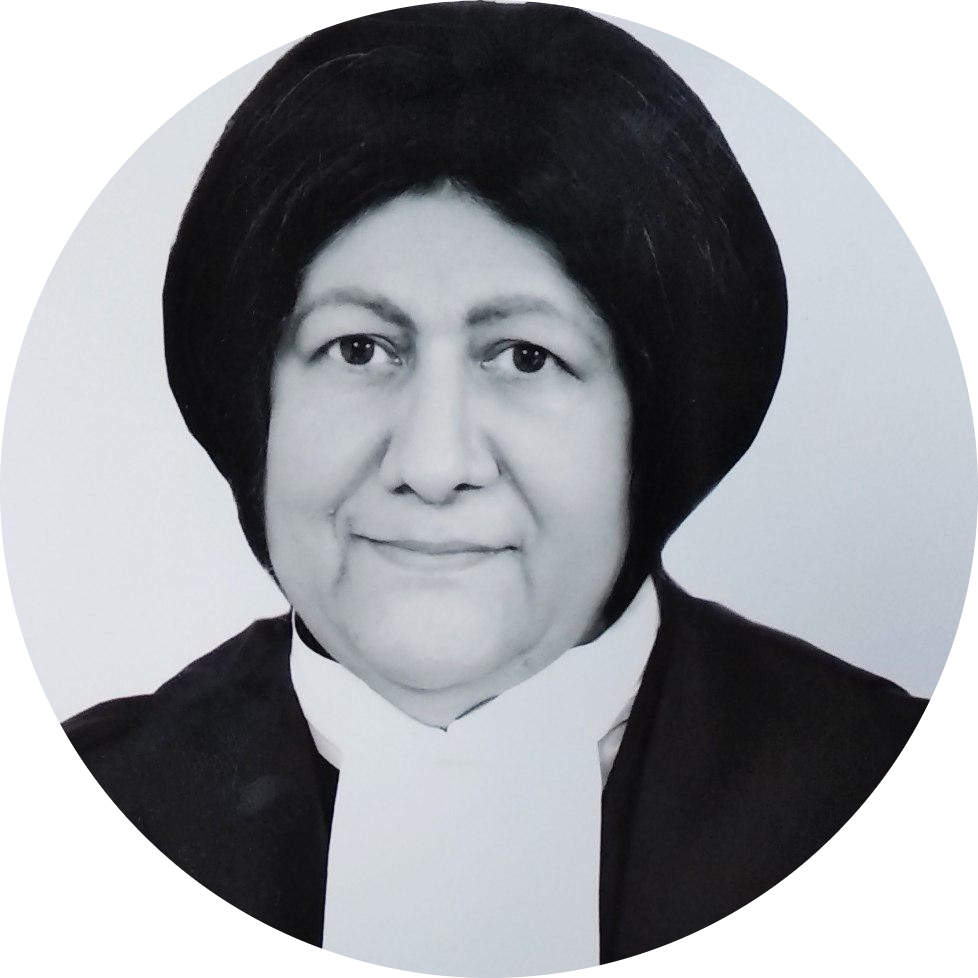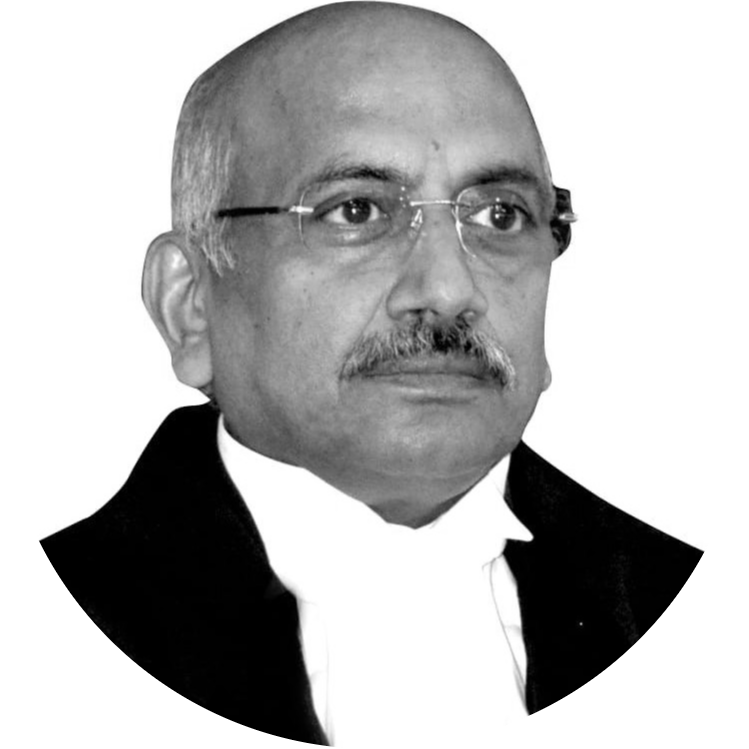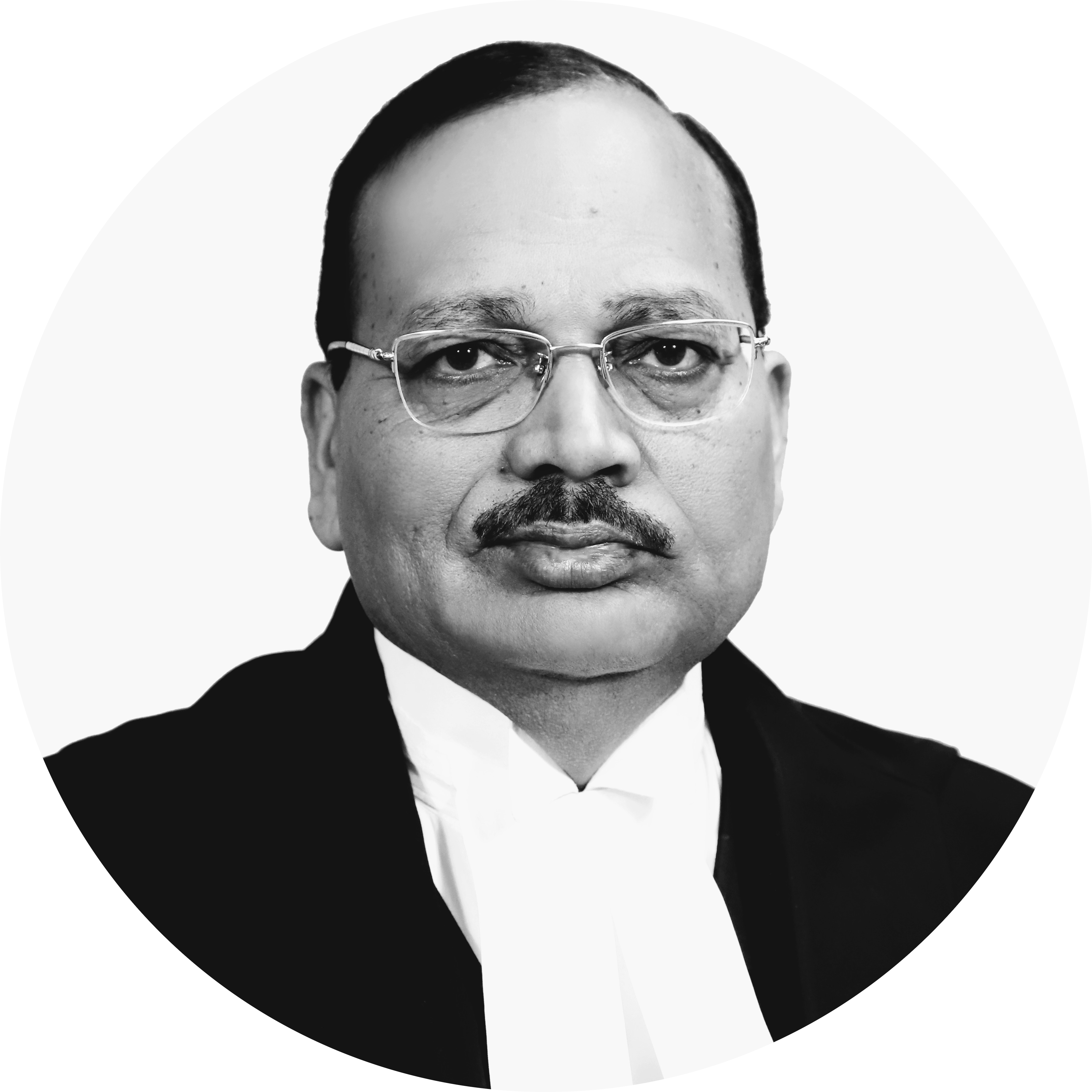Deciding Key Considerations for Remission Policies
Pyare Lal v State of Haryana
The Supreme Court will decide whether States can issue remission policies for prisoners which do not require the Governor's approval.
Pending
Parties
Petitioner: Mr. Pyare Lal
Lawyers: Nidhi
Respondent: State of Haryana Home Secretary
Lawyers: Sanjay Kumar Visen
Case Details
Case Number: Crl.A. No. 001003/2017
Next Hearing: September 6, 2022
Last Updated: September 7, 2022
TAGS: Article 161, Remission
Key Issues
Can a State Government frame a remission policy for convicts under Article 161 that does not require approval from the Governor?
Can a person’s criminal punishment be remitted if they are convicted of an offence for which a death sentence is a possible punishment?
Case Description
On August 15th, 2019, on the occasion of Independence Day, the Haryana State government issued a policy notification through the Governor, under Article 161 of the Constitution, granting remission to specific categories of prisoners. These included male convicts who were over 75 years of age and had served two-thirds of their total sentence. Article 161 empowers the Governor of a State to grant remissions of punishment to a person convicted of an offence.
On July 4th, 2017, the Supreme Court rejected the bail plea of Mr. Pyare Lal, a 75-year old individual serving a life sentence for murder. Subsequently, Mr. Lal filed a second bail application at the Supreme Court. In 2019, while his bail application was pending before the Court, he was released under the Haryana government’s remission policy.
On May 8th, 2020, a Bench comprising Justices U.U. Lalit and Dinesh Maheshwari, heard Mr. Lal’s bail application. On being informed about the appellant’s release under the State of Haryana’s 2019 remission policy, the Bench issued notice to the State Government. They questioned whether a policy could be framed under Article 161 contrary to Section 433A of the Code of Criminal Procedure, 1973 (CrPC). This provision states that an individual cannot be released without serving a minimum of 14 years of imprisonment if they are sentenced to life for an offence that could entail a death sentence.
The Bench further noted that the Haryana government’s policy did not require placing facts or material pertaining to any of the cases before the Governor—a necessary criteria under Article 161.
Mr. Pyare Lal argued that a 5-Judge Bench of the Supreme Court in Maru Ram v Union of India (1980) ruled that Section 433A of the CrPC could not interfere with an exercise of the Governor’s power under Article 161 or restrict an exercise of sovereign power. However, the Court, in the present case, stated that later SC decisions held that the Governor’s approval must be given for remissions under Article 161.
On July 17th, 2020, a 3-Judge Bench comprising Justices U.U. Lalit, M.M. Shantanagoudar and Vineet Saran referred the bail plea and the question on Haryana’s remission policy to a 5-Judge Constitution Bench.
On August 30th, 2022, a 5-Judge Constitution Bench led by Justice Indira Banerjee and comprising Justices Hemant Gupta, Surya Kant, M.M. Sundresh and Sudhanshu Dhulia heard the matter. The Bench will discuss the State government’s power to frame policies that allow remission of a convict’s sentence without presenting individual facts and material of the case before the Governor.
The Bench will next hear the matter on September 6th, 2022.





